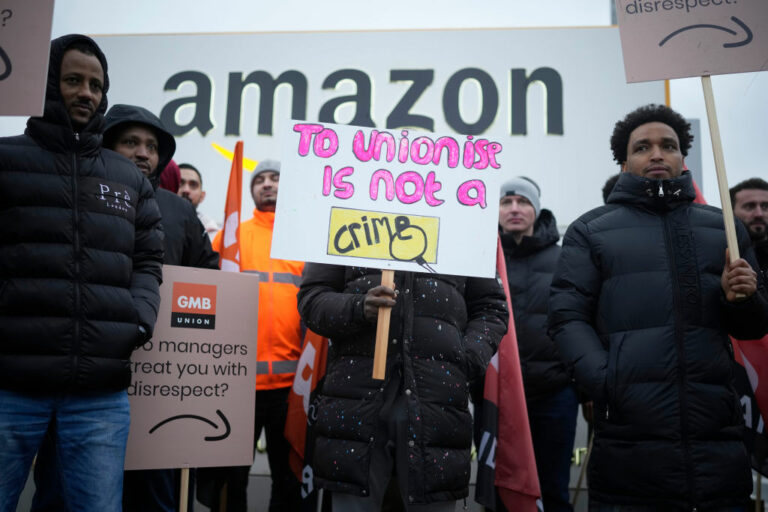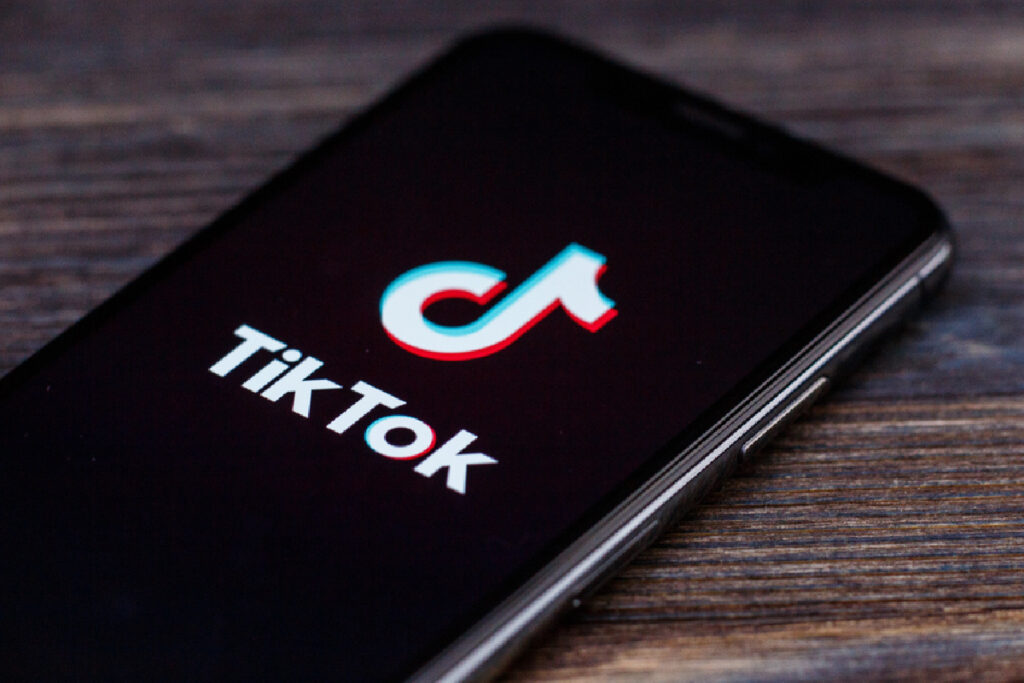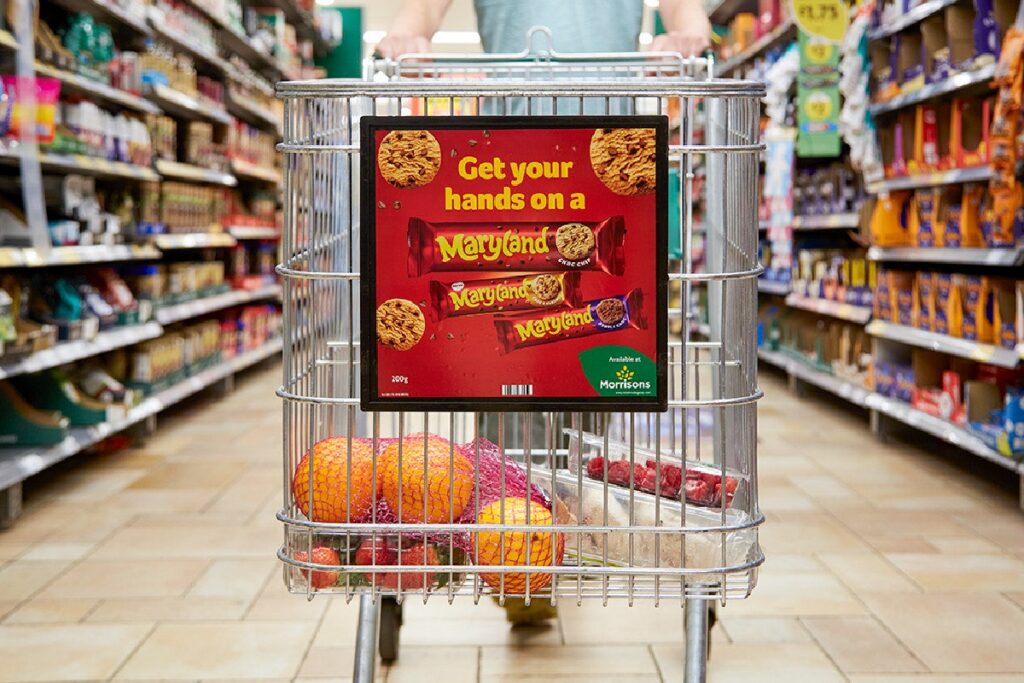We are now a nation of sofa-shoppers as lockdown has forced the stores across the country to temporarily shut their doors and self-isolation keeps people indoors. As such, businesses are having to supercharge their ecommerce plans to respond to this sudden lurch away from bricks-and-mortar retail, which presents a series of significant challenges – particularly when it comes to customer service.
Last year, a study by Ipsos identified that 42 per cent of UK online shoppers expect their brands to provide an option to chat with a live agent or representative if they have any questions or follow-ups. That was in a world where, in many cases, customers could still go into a store and get a quick, in-person response to any concerns. Now that so much shopping is taking place online, there is an even greater expectation that retailers will provide a satisfying online customer service response.
READ MORE:
- Maintaining & building customer loyalty in the time of corona
- Why Covid-19 doesn’t have to mean the end of indie retail
- Going digital during lockdown? Here’s what you need to know
However, these are challenging times. Marketing and customer services teams across the country are under immense strain and in some cases unable to cope with the level of demand as they share the struggles of switching to remote working and have team members out with illness.
What many retailers need is an additional pair of arms and legs, and this is where chatbot technology could be the answer. Over the years, we’ve seen brands successfully turn to tech like Messenger or WhatsApp chat services as a helpful way to plug the gap between speaking to a real person and the standard information on a website. This buys customer services teams valuable time back in their day as FAQs are quickly batted away, freeing up employees to tackle the bigger, more complex enquiries. Tech like this could result in some game changing efficiencies, which is especially valuable when call volumes are higher and staff numbers are smaller, like we’re seeing right now.
“Being able to reach your audience quickly and effectively is vital when communicating through a crisis”
Being able to reach your audience quickly and effectively is vital when communicating through a crisis. Though the retail sector has historically been a pioneer of chatbots and automated messaging, we’re starting to see other spheres adopt this tech to great effect. In just the last few weeks, the UK Government has launched a Coronavirus Information service on WhatsApp, an automated chatbot that provides official, trustworthy and timely information and advice about Covid-19. It has already shared over one million messages with citizens, providing them with official, trustworthy and timely information about the coronavirus.
Maintaining relationships with customers and speaking to them on a personal level at a time like this is key, and importantly turning to more automation doesn’t mean sacrificing the personality of your brand. Customer service experiences can be built and tailored in a way that suits your voice and can be personalised with names and identities to be a true extension of your brand and team. Air France developed their Messenger helper Louis to have a tone that suited its customer care strategy. Louis is now quite the linguist, speaking six languages in a style that feels conversational and relaxed as the service handles all types of enquiries – from booking, to check-in, or re-booking.
This Covid-19 crisis will be tough on businesses everywhere, and the retail sector looks set to be particularly badly hit. It’s easy to feel like embracing new tech during a time of change may feel like one disruption too many. But the potential gains to be had from integrating these types of services could be far-reaching. Leaning on automation could be the answer to relieving pressure on your people during this crucial high-pressure time and will also create a better online experience for your customers, which they will continue to enjoy once things are back to business as usual.
Ian Edwards is the Head of Planning at Facebook
Click here to sign up to Retail Gazette’s free daily email newsletter


















